In the fast-evolving digital marketplace, every marketing campaign starts with one powerful ingredient — data. But when it comes to acquiring that data, one question always arises:
Should you focus on B2B data or B2C data?
Understanding the difference between the two can help you target the right audience, improve conversions, and maximize ROI. In this article, we’ll explore the difference between B2B and B2C data, their use cases, ROI comparison, and which industries benefit most from each.
What Is B2B Data?
B2B (Business-to-Business) data refers to information about companies, their decision-makers, and professional contact details. It’s used by businesses that sell products or services to other businesses — for example, software providers, marketing agencies, or industrial suppliers.
B2B data typically includes:
- Company name, size, revenue, and location
- Contact details of key decision-makers (CEO, Marketing Head, HR, etc.)
- Industry type and SIC/NAICS codes
- Verified email addresses and phone numbers
✅ Example: A SaaS company buying a Verified B2B Database to reach manufacturing firms across India.
What Is B2C Data?
B2C (Business-to-Consumer) data focuses on individuals rather than organizations. This includes consumer contact details, interests, purchase behaviors, and demographics.
B2C data is used by businesses that sell directly to customers, such as e-commerce stores, fitness apps, or travel agencies.
B2C data typically includes:
- Name, age, gender, and location
- Contact number and email ID
- Income range and preferences
- Purchase history and behavior insights
✅ Example: A brand using a Verified Consumer Database to promote lifestyle products via SMS or WhatsApp campaigns.
B2B vs. B2C Data: The Key Differences
| Criteria | B2B Data | B2C Data |
|---|---|---|
| Target Audience | Businesses and professionals | Individual consumers |
| Decision Process | Logical, research-driven | Emotional, need- |
| Sales Cycle | Longer and relationship-based | Shorter and volume-based |
| Data Points | Company details, job titles, revenue | Demographics, interests, buying behavior |
| ROI Tracking | Easier via CRM systems | Broader via engagement and conversion analytics |
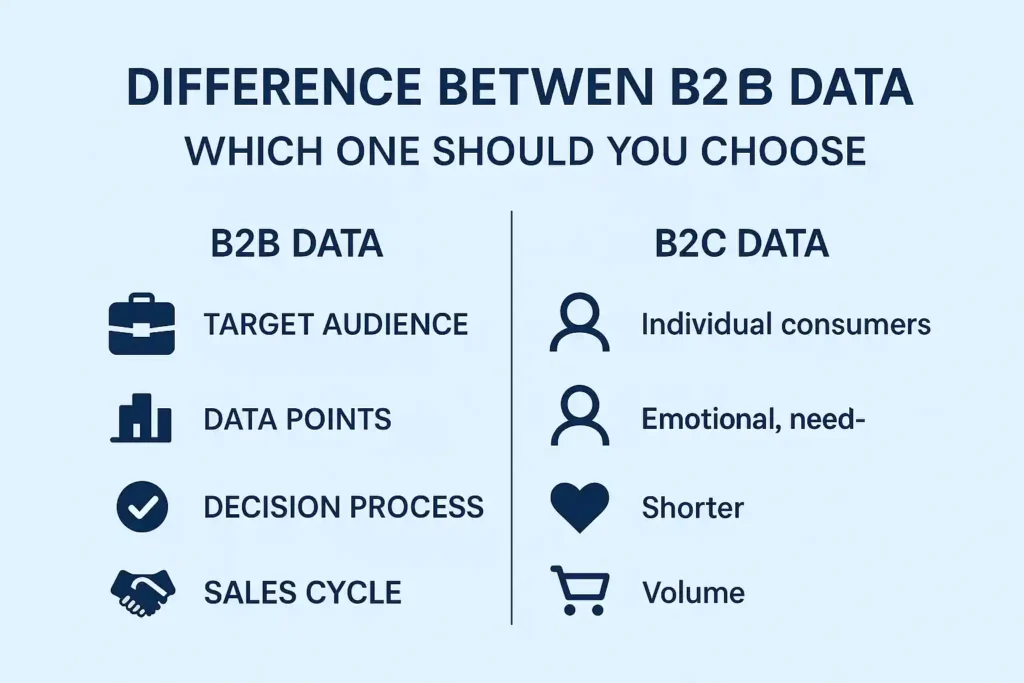
Use Cases of B2B and B2C Data
1. When to Use B2B Data:
- For lead generation in professional or industrial markets.
- For email marketing to decision-makers.
- For account-based marketing (ABM).
- For B2B partnerships and reseller outreach.
👉 Ideal for: IT companies, SaaS firms, logistics providers, manufacturers, consultants, and agencies.
✅ Explore Now: Buy Verified B2B Data in India
2. When to Use B2C Data:
- For product launches and promotions to individuals.
- For retargeting and WhatsApp marketing campaigns.
- For SMS/email outreach to retail customers.
- For influencer or consumer survey campaigns.

✅ Check Out: Verified B2C Database in India
ROI Comparison: Which Data Delivers Better Results?
When it comes to ROI (Return on Investment), both B2B and B2C data perform differently depending on your business goals
B2B Data ROI:
- Higher customer lifetime value (CLV)
- Better conversion from fewer, targeted leads
- Consistent long-term sales relationships
B2C Data ROI:
- Faster results through mass outreach
- Higher engagement rates
- Ideal for promotions and seasonal offers
Pro Tip: Combine both for hybrid campaigns — many successful Indian businesses use verified business databases from EMarket Zone to run both B2B and B2C outreach strategies.
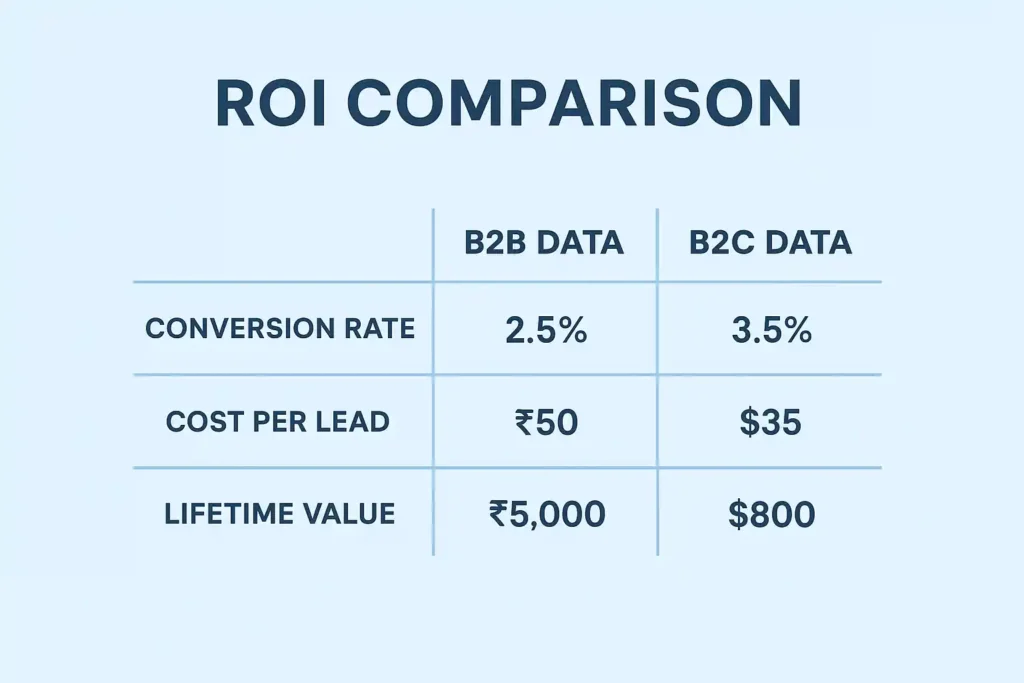
ROI Comparison: Which Data Delivers Better Results?
| Industry | Recommended Data Type | Reason |
|---|---|---|
| SaaS / IT Services | B2B Data | Target CTOs, founders, and enterprises |
| Manufacturing | B2B Data | Find distributors, suppliers, and clients |
| E-Commerce | B2C Data | Engage with online shoppers |
| Finance & Insurance | B2C + B2B | Serve both businesses and individuals |
| Education | B2C Data | Reach students and parents |
| Logistics | B2B Data | Target businesses needing supply-chain solutions |
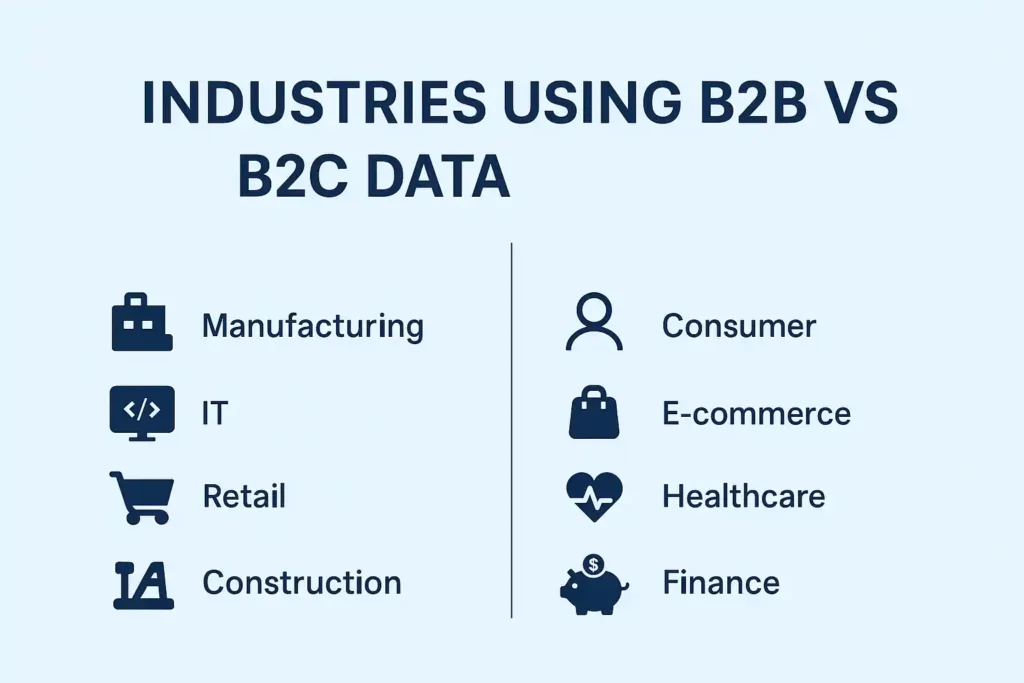
The Indian Context: Why Buying Verified Data Matters
In India, data accuracy is often the biggest challenge. Many businesses waste time and money on outdated or fake leads.
That’s why verified data sources like EMarket Zone’s Premium Databases are critical — they offer updated, verified, and segmented contacts for precision targeting.
FAQs
Q1: What’s the main difference between B2B and B2C data?
A: B2B data focuses on company-level information and decision-makers, while B2C data targets individuals and consumers.
Q2: Can a company use both B2B and B2C data?
A: Yes. Many modern businesses run hybrid campaigns targeting both business buyers and end-users.
Q3: Where can I buy verified data in India?
A: You can buy verified B2B and B2C databases in India from EMarket Zone, which offers high-quality, segmented, and ready-to-use datasets.
Q4: Is buying data legal in India?
A: Yes, if the data is verified, opt-in, and compliant with privacy regulations. EMarket Zone ensures all databases follow ethical sourcing practices.
Conclusion
Both B2B and B2C data have their unique advantages.
- Choose B2B data for focused, relationship-driven growth.
- Choose B2C data for quick outreach and consumer campaigns.
Ultimately, the right choice depends on your business goals, audience, and marketing strategy.
If you’re ready to power your outreach with verified, high-quality contacts —
👉 Explore EMarket Zone’s B2B and B2C Databases today.

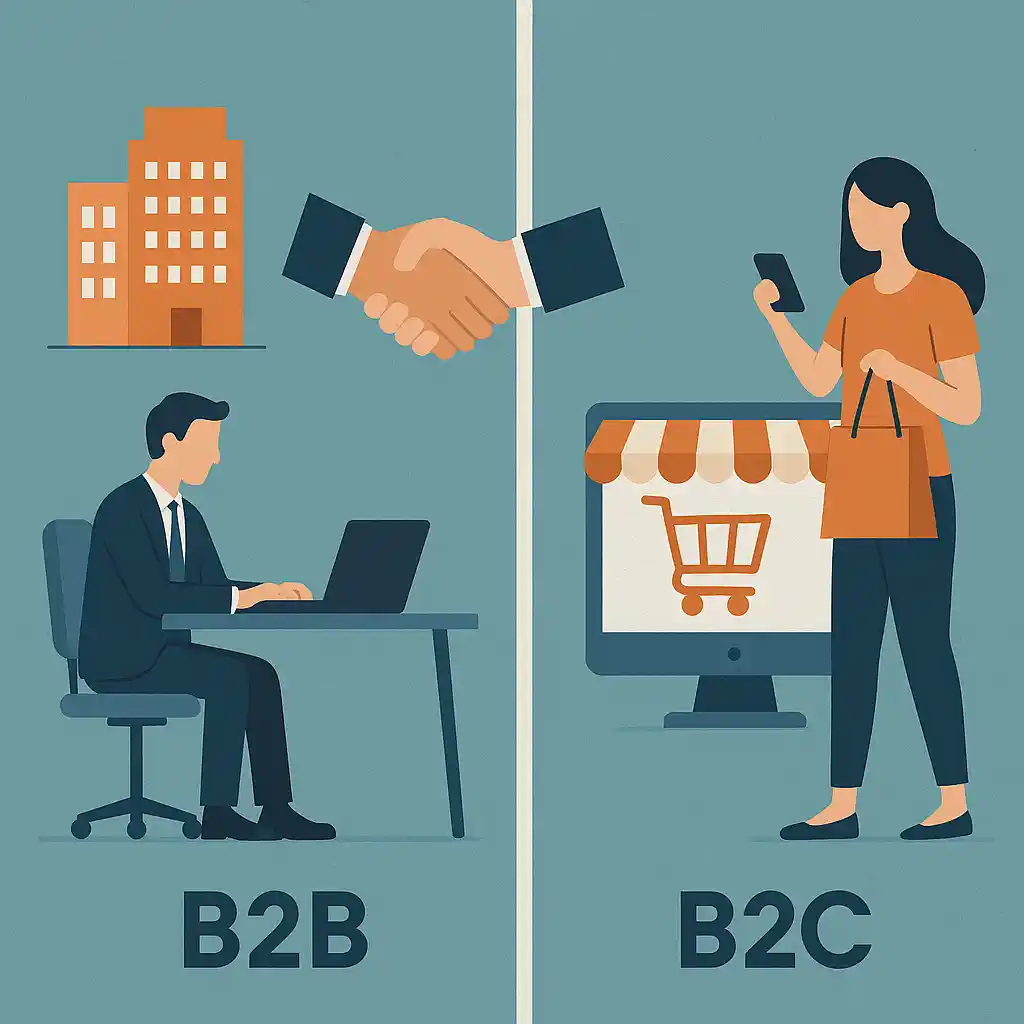
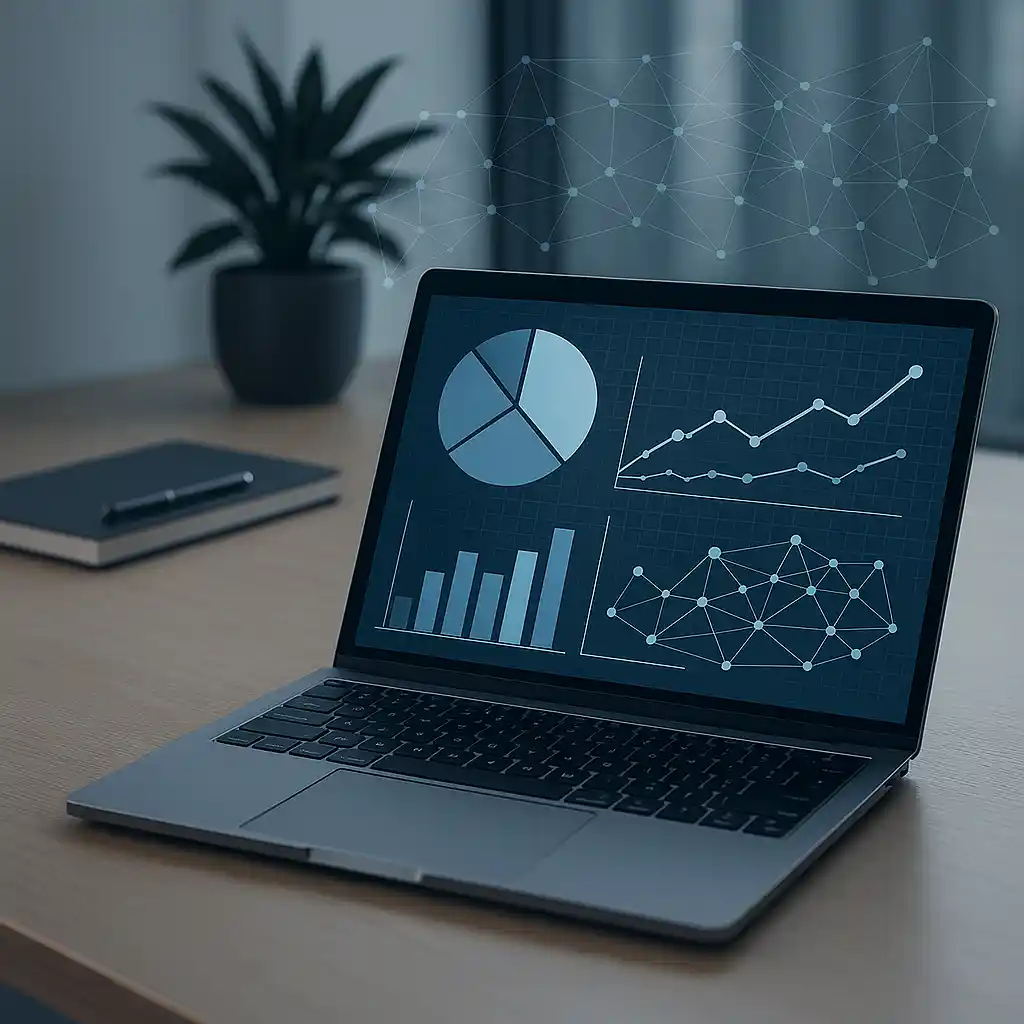
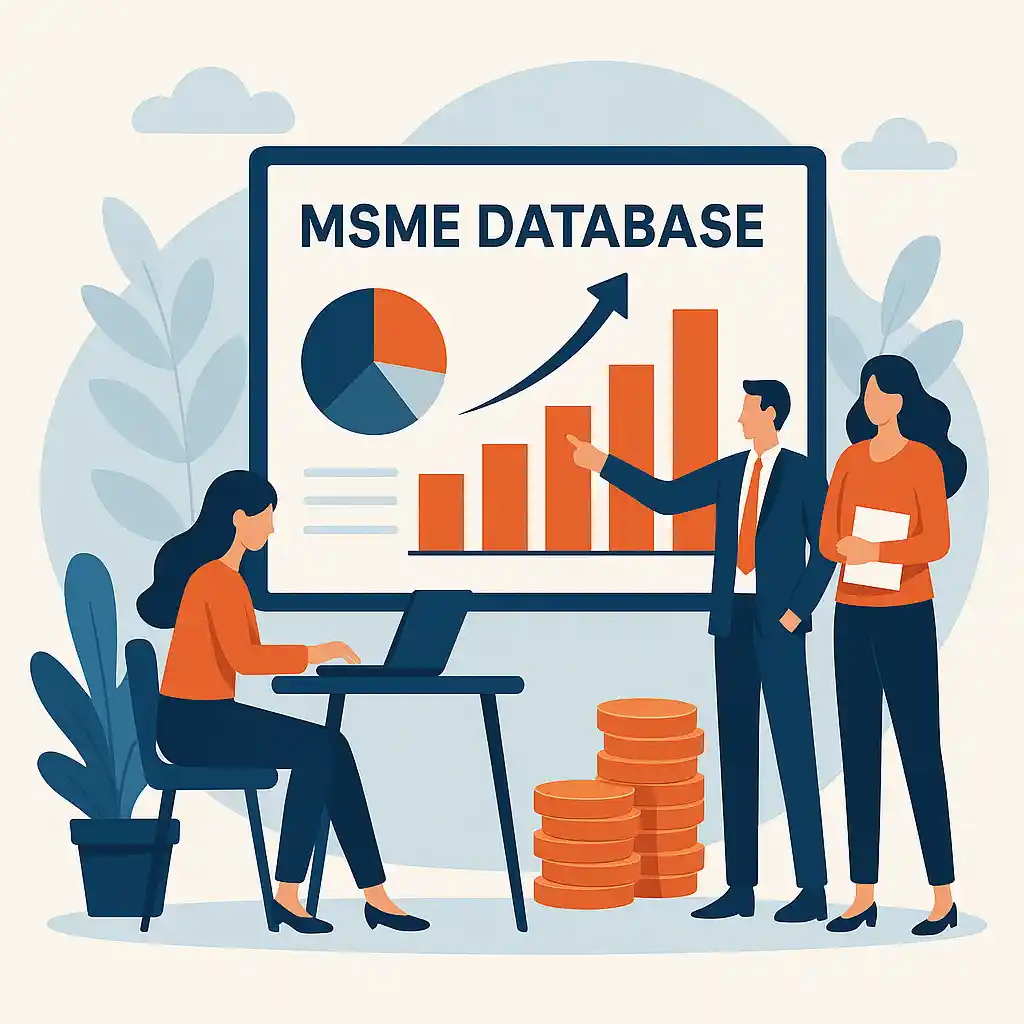
Leave a comment